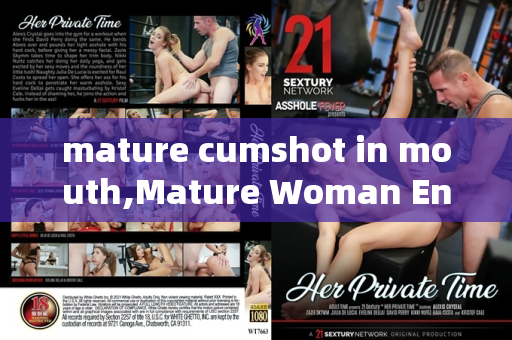
The adult film industry in Ghana, often referred to as one of the most vibrant sectors in the broader African entertainment landscape, has garnered attention both locally and internationally. This burgeoning scene reflects the complexities of culture, morality, and expression in Ghana. While adult films may carry a stigma in many societies, in Ghana, they serve as a medium for exploring sexuality, identity, and the dynamics of contemporary relationships.
Ghana's adult film industry has its roots deeply embedded in traditional storytelling, which has always been a significant aspect of African culture. However, with the rise of digital technology and the internet, filmmakers have begun to experiment with new formats and narratives. This shift not only provides a platform for adult content but also allows for a diverse representation of bodies, desires, and experiences. The emergence of local production companies has contributed to the growth of this genre, enabling filmmakers to tell stories that resonate with Ghanaian audiences while reflecting broader African themes.
One of the distinct features of Ghana's adult film scene is its intersection with social issues. Many films tackle subjects such as relationships, consent, and the challenges of navigating modern love in a rapidly changing society. For instance, certain productions have sought to address the stigma surrounding sexual health and education, using adult film as a vehicle to promote awareness and understanding. This unique approach has allowed filmmakers to engage in dialogues that might otherwise be considered taboo, breaking down barriers and fostering a more open discussion about sexuality in Ghanaian society.
Moreover, the influence of globalization and the accessibility of international adult content have impacted local productions. While Ghanaians enjoy a variety of genres from around the world, there is a growing demand for content that speaks to their unique experiences. As a result, local filmmakers are increasingly blending traditional narratives with modern themes, creating a hybrid style that appeals to both local and global audiences. This fusion has not only enriched the storytelling landscape but also highlighted the importance of cultural representation in media.
Despite the progress made, the Ghanaian adult film industry still faces significant challenges. Censorship remains a pressing issue, with government regulations often restricting the distribution and display of adult content. Filmmakers must navigate these legal hurdles while striving to produce authentic narratives that reflect their realities. Additionally, societal attitudes towards adult films can be mixed, with many viewing them through a lens of morality that complicates the industry's acceptance. However, as conversations around sexuality and personal expression continue to evolve, there is hope for a more nuanced understanding of adult films as a legitimate art form.
In conclusion, Ghana's vibrant African adult film scene represents a complex interplay of culture, identity, and expression. As filmmakers continue to push boundaries and challenge societal norms, they contribute to a broader discourse on sexuality in Africa. By exploring themes that resonate with local audiences and addressing critical social issues, the industry has the potential to reshape perceptions and foster a more open dialogue about sexuality in Ghanaian society. The future of this scene is promising, and as it evolves, it will undoubtedly play a significant role in the ongoing conversation surrounding art, culture, and human experience in Africa.









